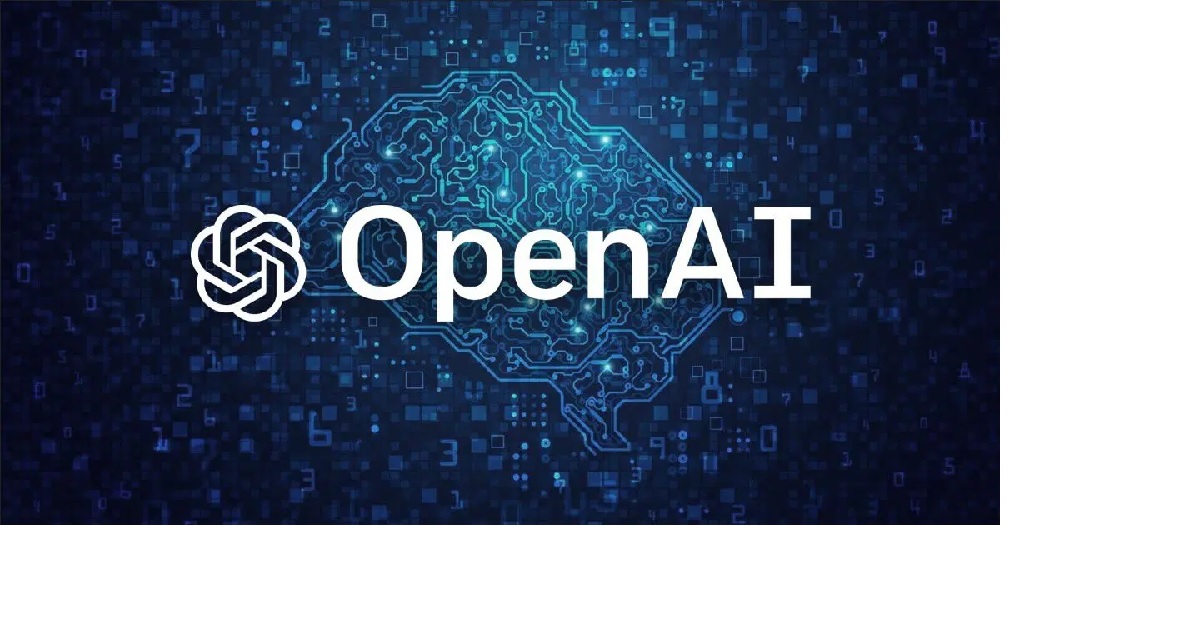OpenAI Deal Insights: Is It Good for Innovation?
OpenAI has signed a deal with US defence startup Anduril Industries to develop military artificial intelligence (AI) technology.

In a joint statement on Wednesday (December 4), the two companies cited the growing threat posed by emerging unmanned systems and conventional manned platforms to ensure the security of the US and its allies.
The strategic partnership will focus on developing “counter-unmanned aircraft systems (CUAS)” and technologies capable of detecting and preventing real-time lethal attacks. Although financial terms of the deal were not disclosed, it was said to have been signed at a “critical moment” in the AI competition against China as part of efforts to maintain US technological dominance.
The partnership brings together OpenAI, the world’s most valuable AI company, and top US defence startup Anduril, the British daily Independent reported. Anduril mainly makes military-grade drones, sensor towers and software that can detect and prevent enemy drones in advance.
OpenAI previously banned the use of its technology in military applications. But in January, it changed its policy to allow military cooperation. In a statement to the Wall Street Journal, OpenAI said that the technology jointly developed with Anduril will be used only for defense applications.
OpenAI CEO Sam Altman said that his company will ensure that the new technology will help uphold the democratic values of the United States.
In November-2024, OpenAI’s rival Anthropic signed agreements with Amazon and Palantir to provide AI services to the US Department of Defense. The partnerships indicate a growing relationship between big tech companies, conservative politics and military technology.
Anduril co-founder Palmer Luckey is a Donald Trump supporter and is known to be close to Elon Musk. The partnership is expected to open up new horizons for AI technology in the military.
ChatGPT and other AIs work better when you are polite
In this era, artificial intelligence (AI) has become an integral part of our daily lives. However, many people have questions about how to communicate with AI. A recent study has scientifically proven the importance of polite behavior with AI systems. According to the results of the study, behaving politely with machines not only increases the quality of their work, but also enhances our leadership skills and improves emotional intelligence.
Looking at the relationship between politeness and AI, it is seen that simply maintaining politeness improves the performance of AI and creates a positive culture in the workplace, which sets a strong example, especially for leaders.
The relationship between politeness and the quality of work of artificial intelligence
It is not enough to create a technical relationship with machines; our behavior is also important. A recent study has scientifically proven that we can achieve two important benefits by behaving politely with AI systems. First, being polite to machines significantly improves the quality of AI’s output. Second, it also improves our ability to lead.
AI performs better when it’s polite
Research has shown that being polite to machines is not only polite, it also significantly improves AI’s performance. A study conducted in English, Chinese, and Japanese found that AI’s performance was impaired when prompted in rude language. Such instructions increased the amount of incorrect and biased information, omitted important information, and produced incorrect results.
When the researchers tested AI systems on various criteria, such as writing summaries or understanding language, they used a variety of prompts ranging from polite to rude. The results were surprising: Prompts given in polite language performed much better than prompts given in rude language. The use of rude prompts reduced the performance of some AI models by up to 30 percent.
The results of this study show that the use of politeness towards AI systems is not only a sign of good behavior, but also crucial for getting productive and accurate output.
The study also revealed that AI models respond to polite behavior in a culturally sensitive manner. This suggests that cultural context plays an important role in our interactions with AI, just like in human interactions.
Politeness with machines is also reflected in reality
A study found that people who maintain professional etiquette when interacting with AI also display strong emotional intelligence when interacting with humans. Being polite to AI activates the parts of our brain that help us maintain social relationships. As a result, our ability to lead is improved.
Think about it, if you are impatient when getting a task done with ChatGP, how will you work with your colleagues in a stressful environment with patience and respect? When you treat AI with respect, it strengthens your overall behavior and relationship skills.








